week 30 / 2024
This week: in defense of theory, by way of Daoism... and against the imperatives of branding one's work and oneself.
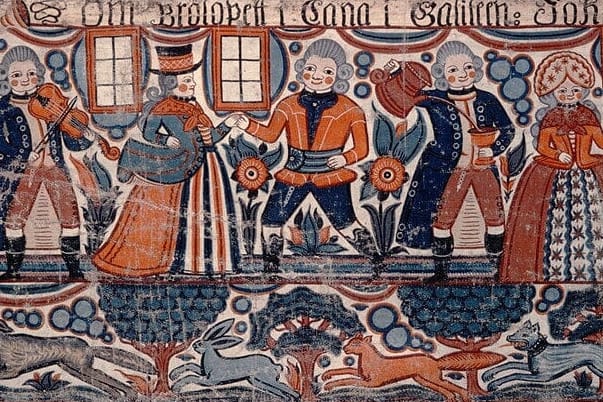
You know it's been a busy week when you go to look in your camera uploads folder for a header image for your weeknotes post, and all you've got is a snap of the spines of a batch of books that came in the mail, and a bunch of receipts you sent straight to Fortnox for book-keeping.
Ticked off
- Yet more meetings for PROJECT TEMPORAL, which is living up to its code-name rather more than expected. (It's sometimes said that work must be a gas, because it seems to obey something like Boyle's Law by expanding to occupy the time available to it.)
- Drafted some material around the aims and objectives of PROJECT HOTPLATE. (Or, more accurately, around the project which HOTPLATE will hopefully turn into.)
- Finished and published the first essay for This Very Website. (It's here, if you missed it.)
- Launching myself into the the first chapter of an academic book I'm editing. (More on this anon, perhaps.)
- Finished reading Howl's Moving Castle. (The book by Diana Wynne Jones, rather than the Ghibli movie Miyazaki made of it. The novel is nice enough, and I don't regret reading it, but I'm too old for it, really; I was much more impacted by a comment Wynne Jones made about the unique interiority of the novel as a medium in the extra content at the back of the book.)
- Started playing Rogue Trader, the Warhammer 40,000-themed CRPG from Owlcat Games which was launched late last year. (If you can't spend a summer in your late forties in much the same way you spent the summers of your early teens, i.e. sat indoors playing the most nerdy computer games available, then what is adulthood for, exactly? Actually, don't answer that.)
One Big Thing
I've found my thoughts returning to the academic chapter whose (eventual!) publication I noted here last week.
As already discussed, that chapter could be thought of as a condensation of ideas and theories and connections between infrastructures and environments that I first started playing with around a decade ago, in the early days of my doctoral research at Sheffield. Reacquainting myself with those ideas has resurfaced them in a way that demonstrates they still hold a fierce gravitational attraction for me; the ease with which the Diana Wynne Jones comment mentioned above could be connected to a whole architecture of theory-stuff was a surprise, albeit a fairly agreeable one.
That in turn brought me to thinking through the yang to the yin of last week's argument in favour of the concretisation of theory through creative futuring (or any other method). I evoke the well-known (but poorly understood) daoist symbol very deliberately, as I want to express an something that is not a dualist opposition, but rather the endless dance of two principles that cannot do without one another, and which are each to be found implicit in the heart of their partner.
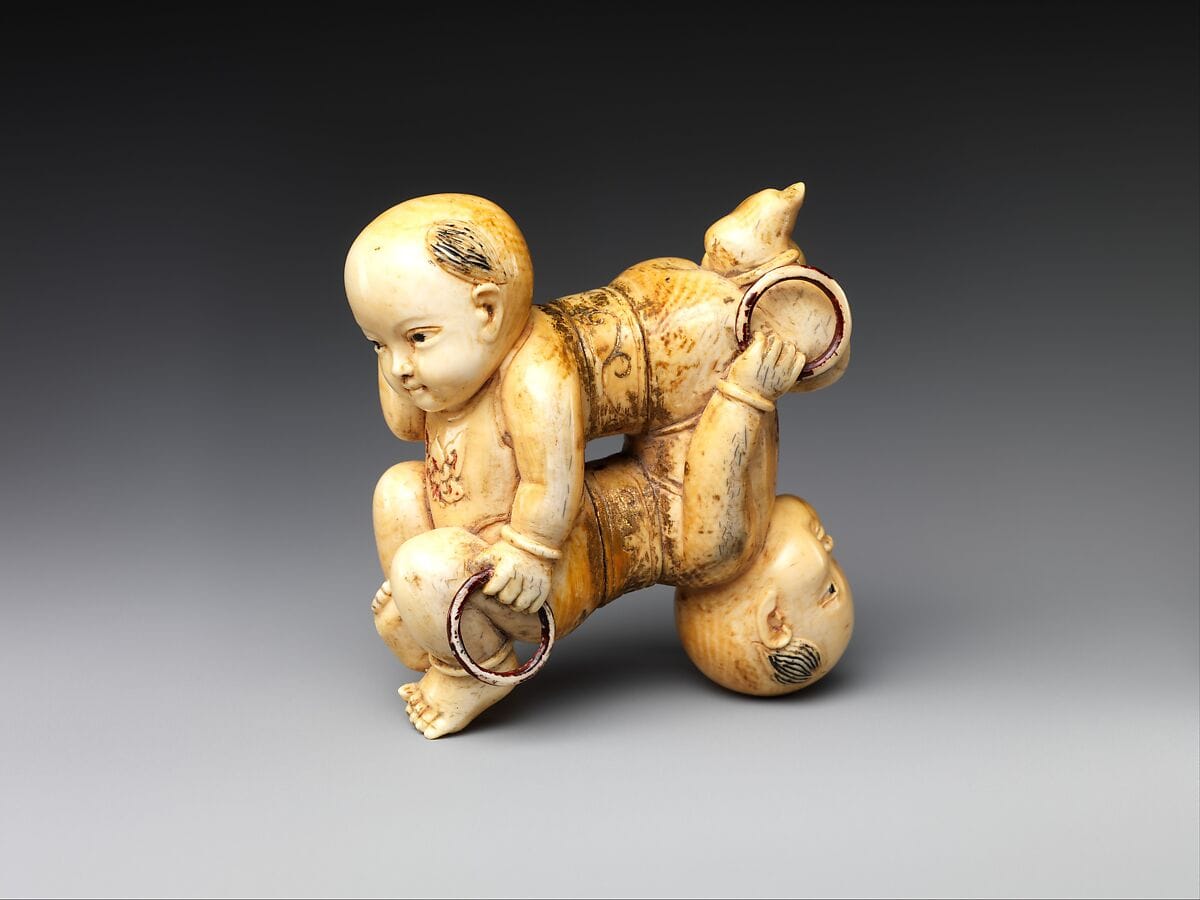
To be (uncharacteristically) brief: there is great value in the concretisation of the abstract, particularly in these troubled and troubling times of flux, and my work has always been (and, I hope, will always be) all about that move toward the concrete. However, there is equal but different value in the move toward the abstract, in the urge to synthesise and condense and theorise.
While it may be rather immodest to respond in this way to one's own work, I must admit that returning to this chapter has really reminded me of the value of theory, to me and to society in general, which is also the value of the abstruse language and terminology in which theory necessarily partakes.
It is very necessary that complex ideas be opened out for exploration by non-specialists; that's not only the hill I'd die on, it's also the hill on which I've set up my food-truck, if you'll excuse the mixed metaphors. But it is also necessary that complex ideas be forged in a process of condensation and abstraction, and that specialists can discuss those ideas with the efficiency that is afforded by a specialist language.
To close, I will repeat my point from last week: the back and forth movement between the concrete and the abstract is the very heart of worldbuilding.
(Which is why you should support your local poet independent futures theorist!)
One Small Thing
I'm gonna use this space to upcycle a comment I made on LinkedIn (ugh, sorry) this morning, because I think it's an observation worth recording.
Cameron Tonkinwise was responding to someone's post in which that someone was describing something called "transition engineering", and Cameron's response was to wonder how similar "transition engineering" might or might not be to "transition design" or "transition management".
To which I replied:
I often wonder how much further along the road we might be, if only we lived in a socioeconomic context that didn't incentivise us coming up with new labels for what a bunch of our peers are already trying to do. (And I'll say "mea culpa" here, because hell knows I felt and followed that pressure in academia, and I'm feeling it and following it now as a freelance, because the damned rent don't pay itself.)
To put it more succinctly still: branding, and particularly "personal branding", is one of the reasons we can't have nice things.
A Clipping
It's an unusual admission for a practising futurist—and a risky one, perhaps, given the enduring boner that the sector and its biggest clients have for a very nebulous notion of "technology"—but I am very much Team Luddite in general, and particularly so when it comes to the bundle of gimmicks and scams currently being peddled under the inaccurate label "AI".
The quote from midway through Brian Merchant's latest bit gives a flavour of why I feel that way:
Even now, a year and a half into the AI boom, it’s *still* unclear whether a) this will be a truly transformative and disruptive force, at least in the eyes of employers and executives, b) it will stick around, propped up by reams of venture capital for years making a middling kind of impact in different sectors, a destabilizing but not totally destructive force for workers, or c) collapse in a spectacular bursting bubble, and going the way of the metaverse or web3.
My money's on (b) or (c) at this point, although—with apologies to the spectre of Gramsci—the money on (c) is my pessimism-of-the-intellect, while my money on (b) is my optimism-of-the-will...
This has been the Worldbuilding Agency weeknotes for Week 30 of 2024. Thanks for reading! If you've enjoyed them, it's free to subscribe, but please consider supporting this research journal with a small monthly payment—you'll get access to the occasional bit of Exclusive Content ™️, and you'll be funding free subscriptions for those with fewer monetary resources, but first and foremost you'll get the warm glow that only ever comes from enabling fully independent and climate-focussed foresight research to continue.
(If you are already subscribed, please send to a friend who you think might also like it!)
Have a good weekend.


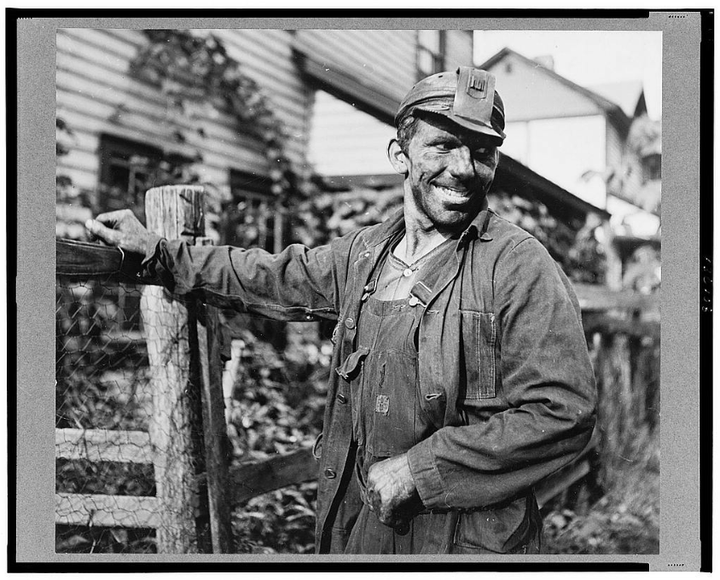
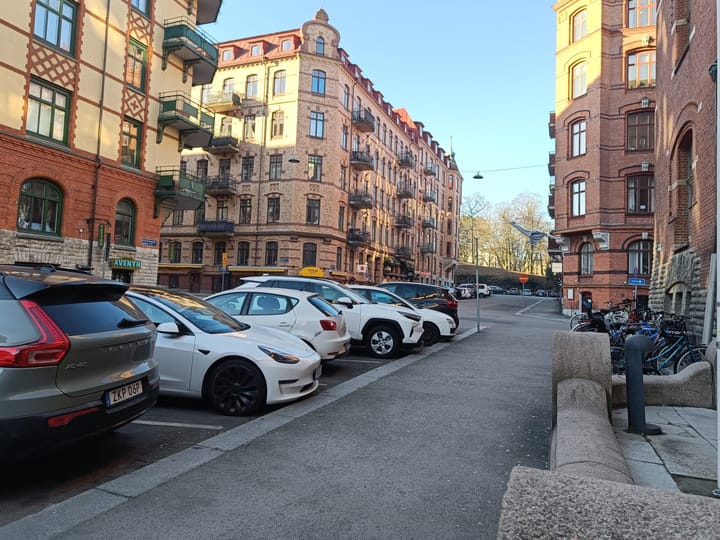
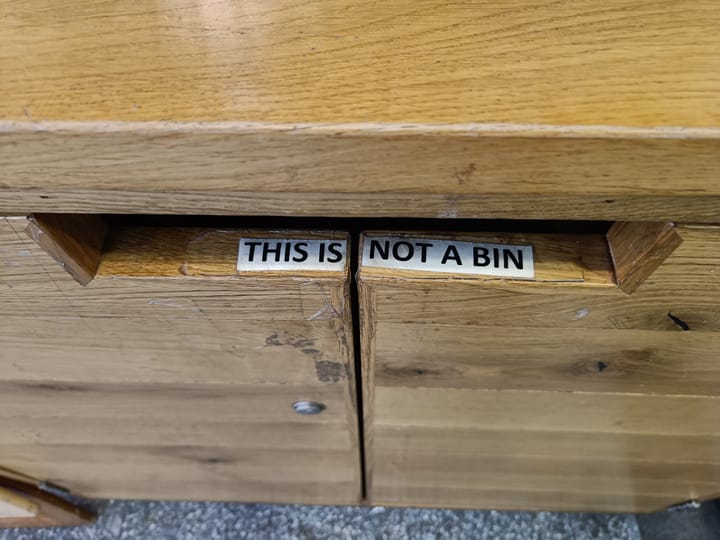
Comments ()